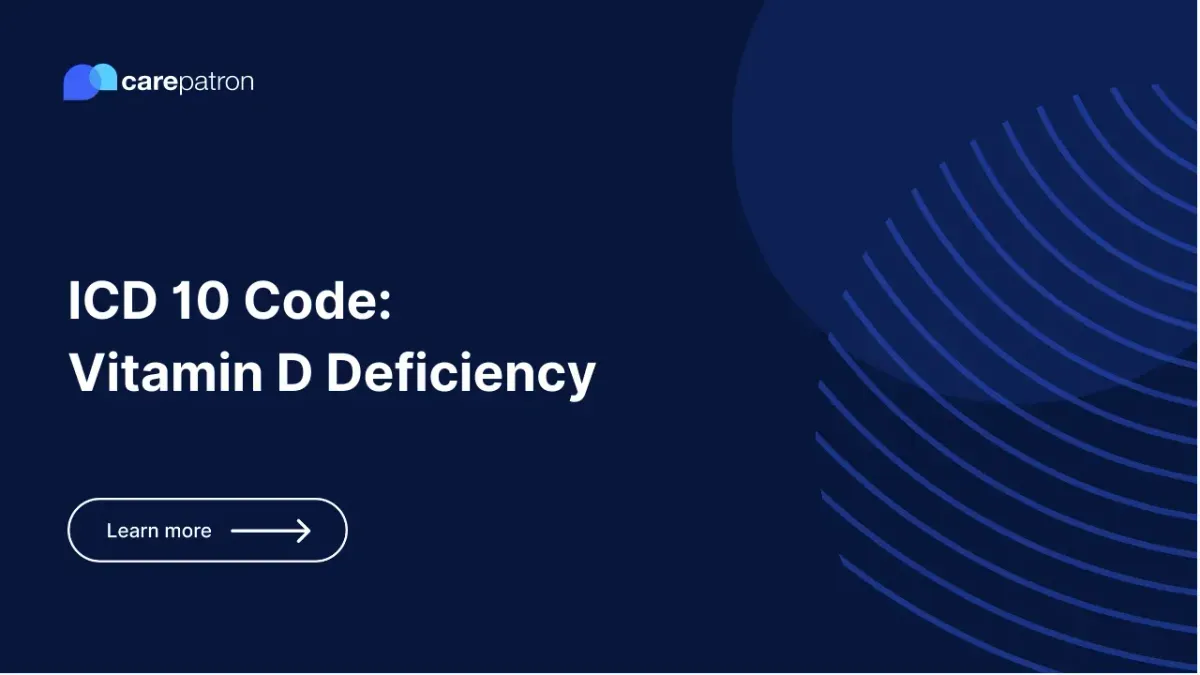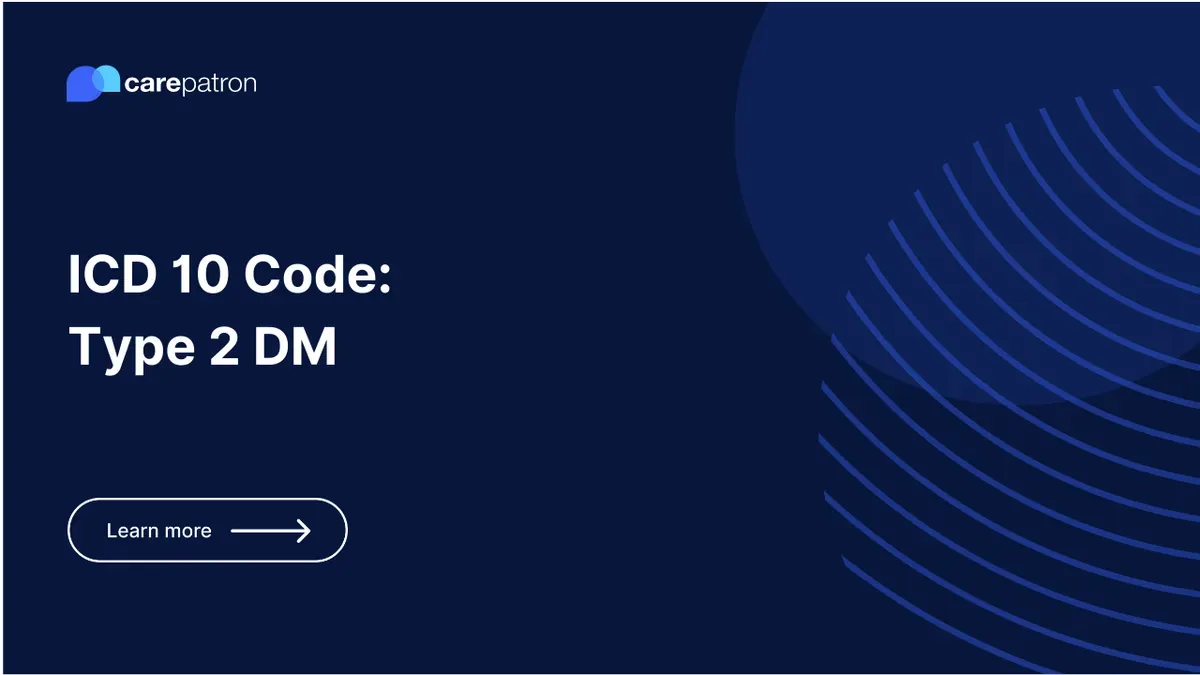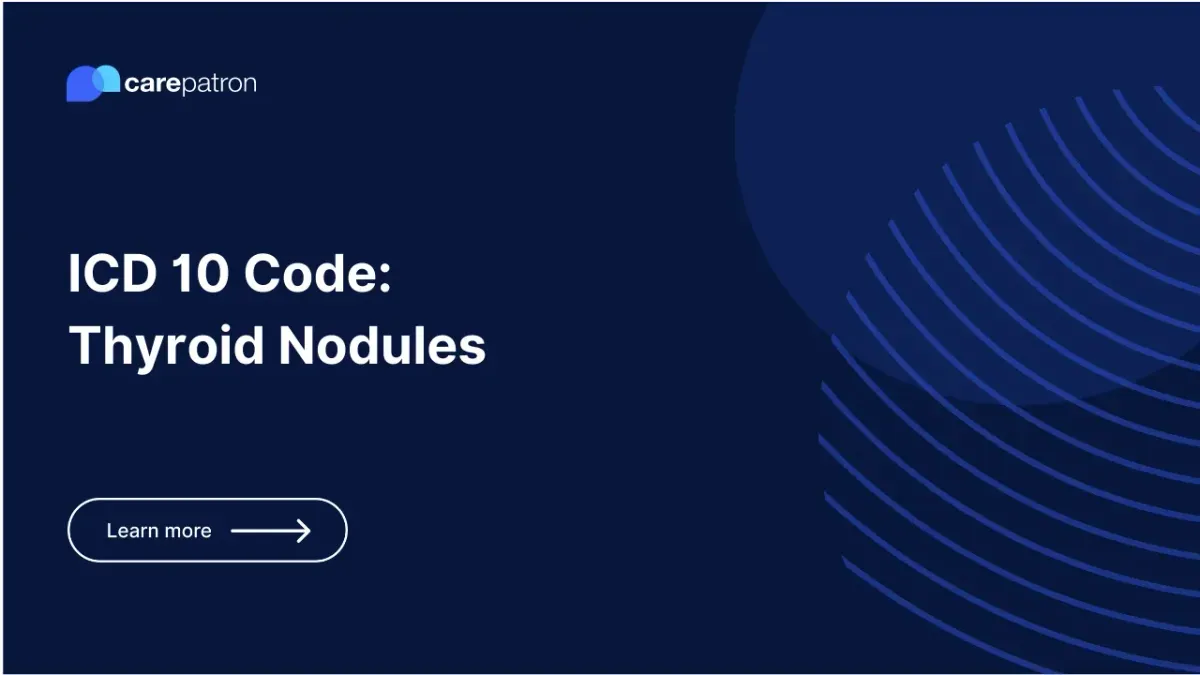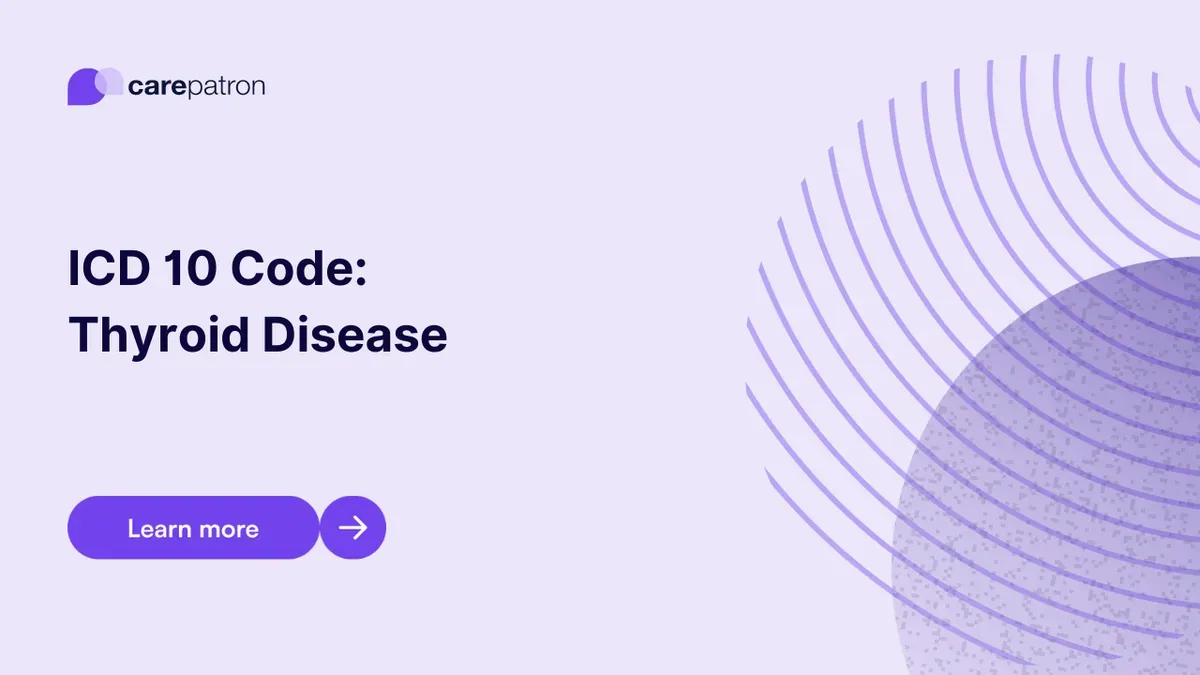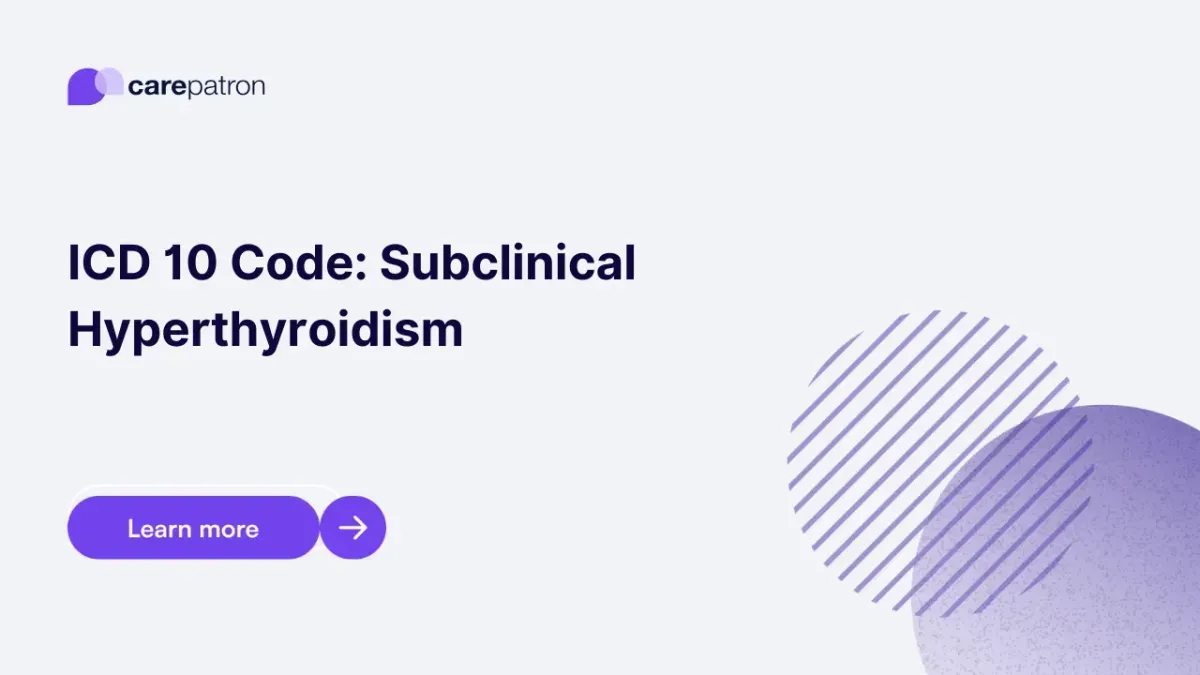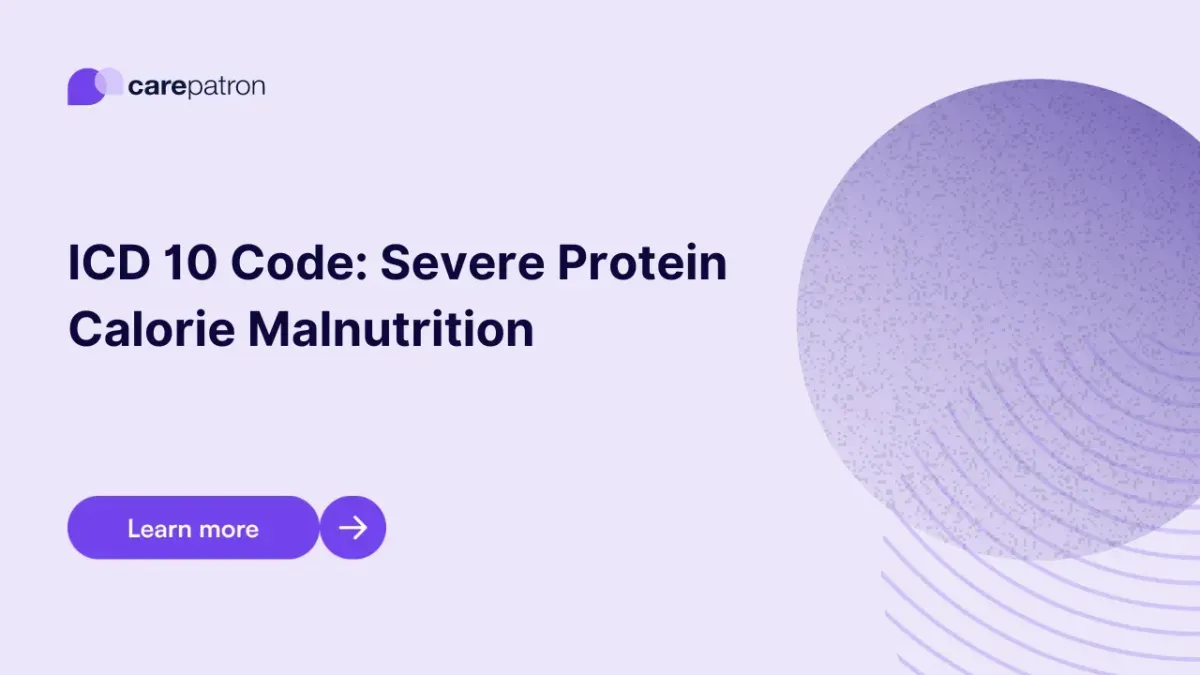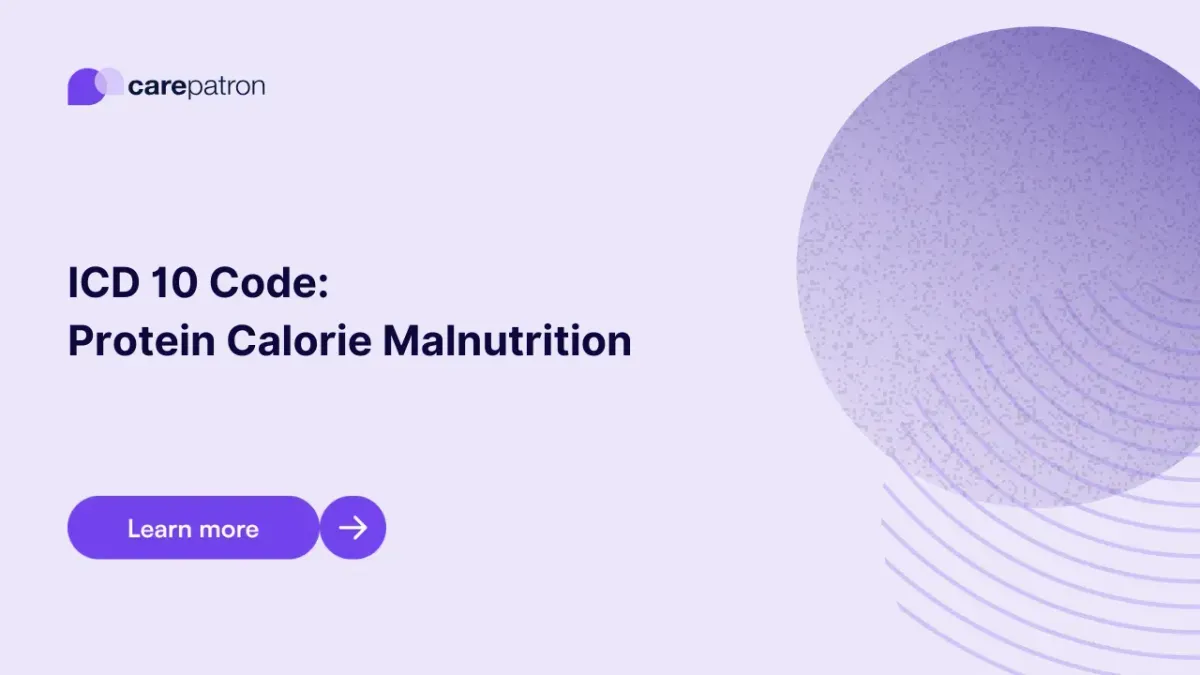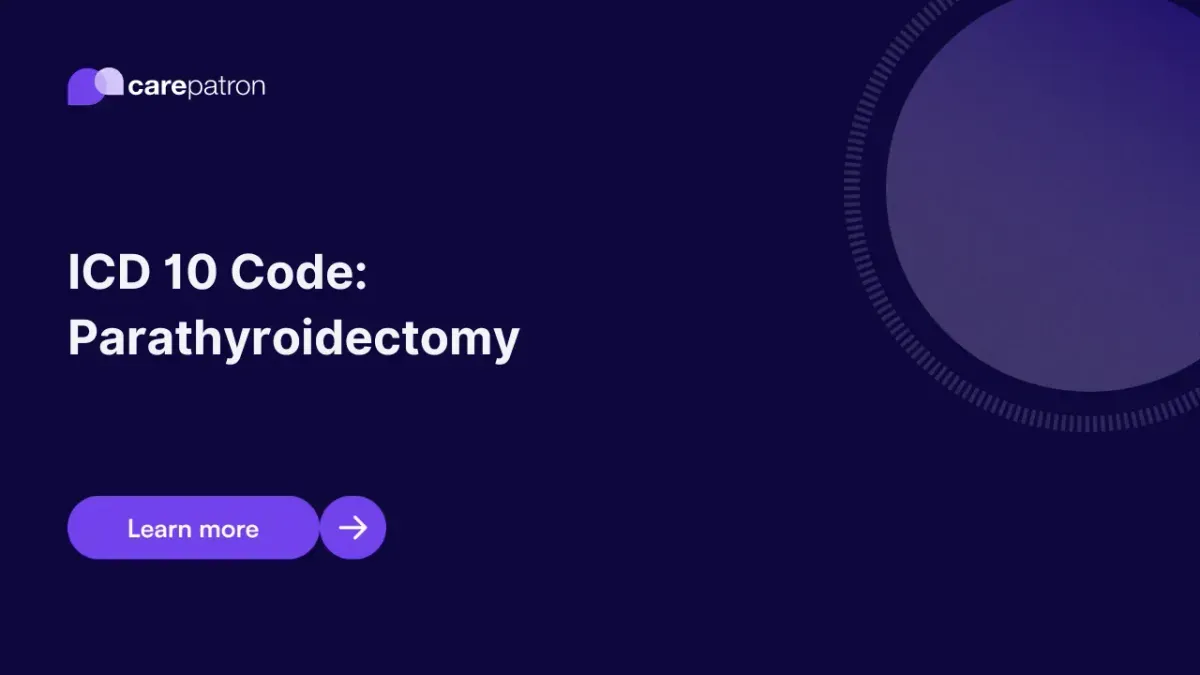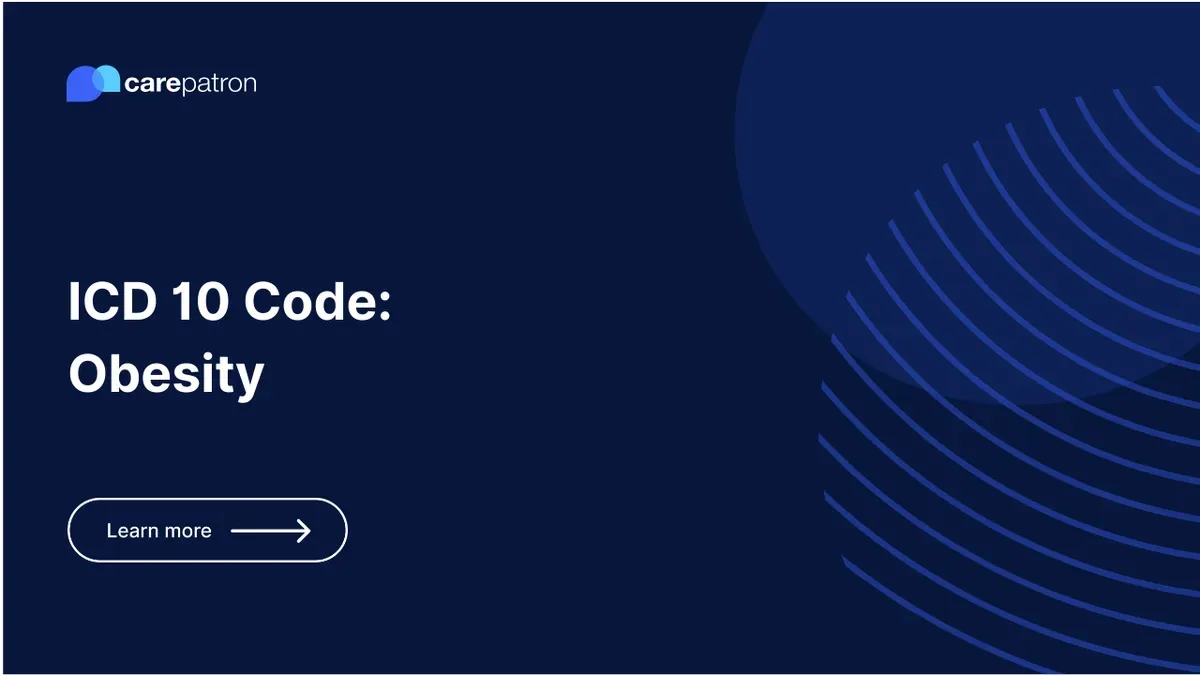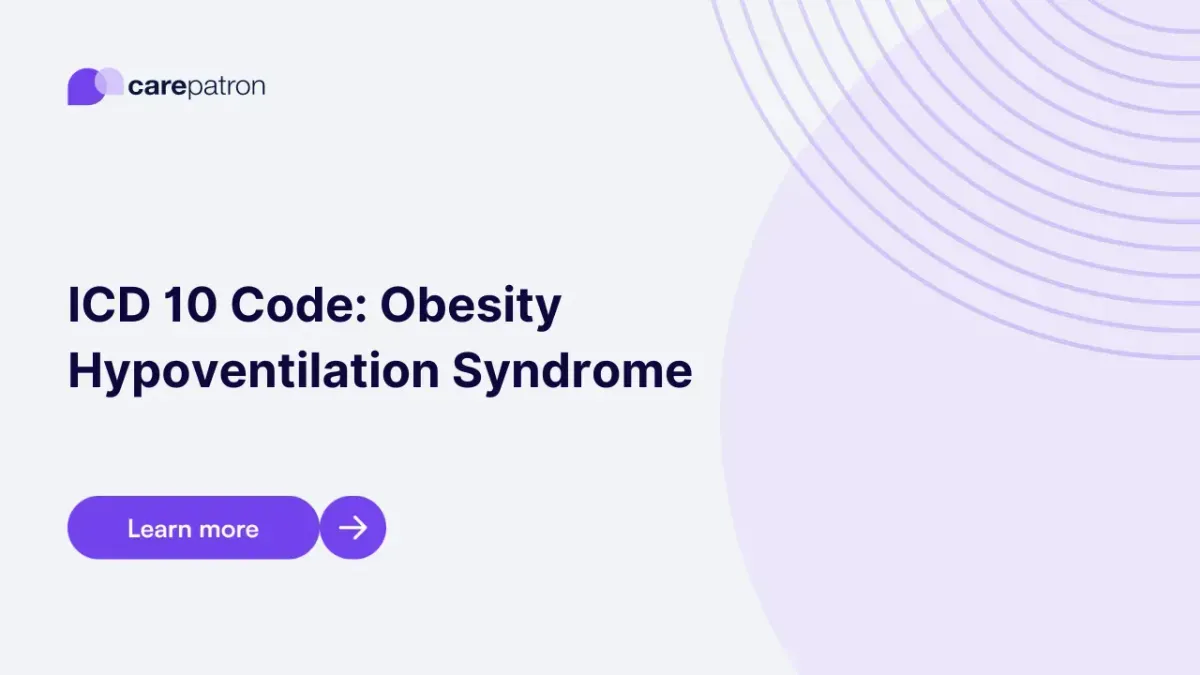IV: Endocrine, nutritional and metabolic diseases (E00-E89)
Welcome to our page on the ICD-10 classification category IV: Endocrine, nutritional and metabolic diseases. Here, you will find a wealth of information about various conditions related to the endocrine system, nutrition, and metabolism. Within this category, you can explore different subcategories that cover a wide range of conditions. For example, you can learn about thyroid disorders (E00-E07), diabetes mellitus (E08-E13), and disorders of calcium metabolism (E20-E21), among many others. Each subcategory provides links to more specific pages that delve deeper into the conditions and their corresponding ICD-10 codes. Whether you are a healthcare professional, a patient, or simply curious about these diseases, our page offers valuable resources to help you understand the classification and coding of endocrine, nutritional, and metabolic diseases. Explore the links and subcategories to gain a comprehensive understanding of these conditions and their impact on health.
Vitamin D Deficiency ICD-10-CM Codes | 2025
Explore 2025 ICD-10 codes for vitamin D deficiency, including E55.9, E55.0, and related diagnoses. Learn billable codes, treatments, and usage guidelines.
Type 2 DM ICD-10-CM Codes
Check out these CD-10 codes for Type 2 DM, essential for billing and classification. Learn about accurate coding for Type 2 diabetes mellitus now.
Thyroid Nodules ICD-10-CM Codes
Read this short guide and learn about thyroid nodules ICD codes you can use.
Thyroid Disease ICD-10-CM Codes
Learn about thyroid disease ICD codes for billing and coding. Get valuable clinical information for your practice in this guide.
Subclinical Hypothyroidism ICD-10-CM Codes | 2025
Explore ICD-10 codes for Subclinical Hypothyroidism, including E02 and E03.5. Learn about causes, diagnosis, symptoms, and billing for thyroid dysfunction.
Subclinical Hyperthyroidism ICD-10-CM Codes
Explore the ICD-10-CM codes for subclinical hyperthyroidism, essential for accurate medical documentation, insurance billing, and targeted treatment strategies for 2023.
Severe Protein Calorie Malnutrition ICD-10-CM Codes
Explore ICD-10-CM codes for severe protein-calorie malnutrition. Learn about common codes, billable statuses, and gain insights in this comprehensive guide.
Secondary Hypothyroidism ICD-10-CM Codes
Discover the specific ICD-10 codes for diagnosing and treating secondary hypothyroidism that follow coding guidelines for accurate medical billing.
Protein Calorie Malnutrition ICD-10-CM Codes
Learn ICD-10-CM codes for protein-calorie malnutrition plus causes, symptoms, and treatment options.
Parathyroidectomy ICD-10-CM Codes
Learn the ICD-10-CM codes for parathyroidectomy, including diagnosis details, synonyms, and billability in this short guide.
Obesity ICD-10-CM Codes
Explore our comprehensive guide on ICD-10 Codes used for Obesity, their use in medical billing, and the clinical information associated with its diagnoses.
Obesity Hypoventilation Syndrome ICD-10-CM Codes
Read this short guide and learn about obesity hypoventilation syndrome ICD codes you can use.
IV: Endocrine, nutritional and metabolic diseases (E00-E89)
The ICD-10 category "Endocrine, nutritional, and metabolic diseases" (E00-E89) is a comprehensive framework meticulously designed to classify and code disorders related to the endocrine system, nutrition, and metabolism. ICD guides within this category are vital resources for ensuring precise coding and comprehensive documentation of conditions impacting these essential physiological processes. ICD guides provide extensive information on the subcategories within this classification. Subcategories E00-E07 encompass thyroid gland disorders, while E70-E88 include metabolic and nutritional disorders. These guides are indispensable tools for precise classification, enabling accurate tracking and reporting of these complex conditions. They assist healthcare providers in identifying the specific disorder, its underlying causes, and potential treatment options. Furthermore, ICD guides within this category are instrumental in epidemiological studies, enabling researchers to assess the prevalence and impact of endocrine, nutritional, and metabolic disorders on populations. Accurate coding is vital for healthcare management, ensuring that individuals receive appropriate care and treatment tailored to their specific condition. Additionally, accurate coding in this category plays a significant role in public health. It allows health agencies to monitor trends in conditions like diabetes, obesity, and hormonal disorders, facilitating the development of preventive strategies and resource allocation to address the growing burden of metabolic and endocrine diseases. Timely and precise coding ensures that patients receive early interventions and appropriate management, ultimately improving their quality of life.

